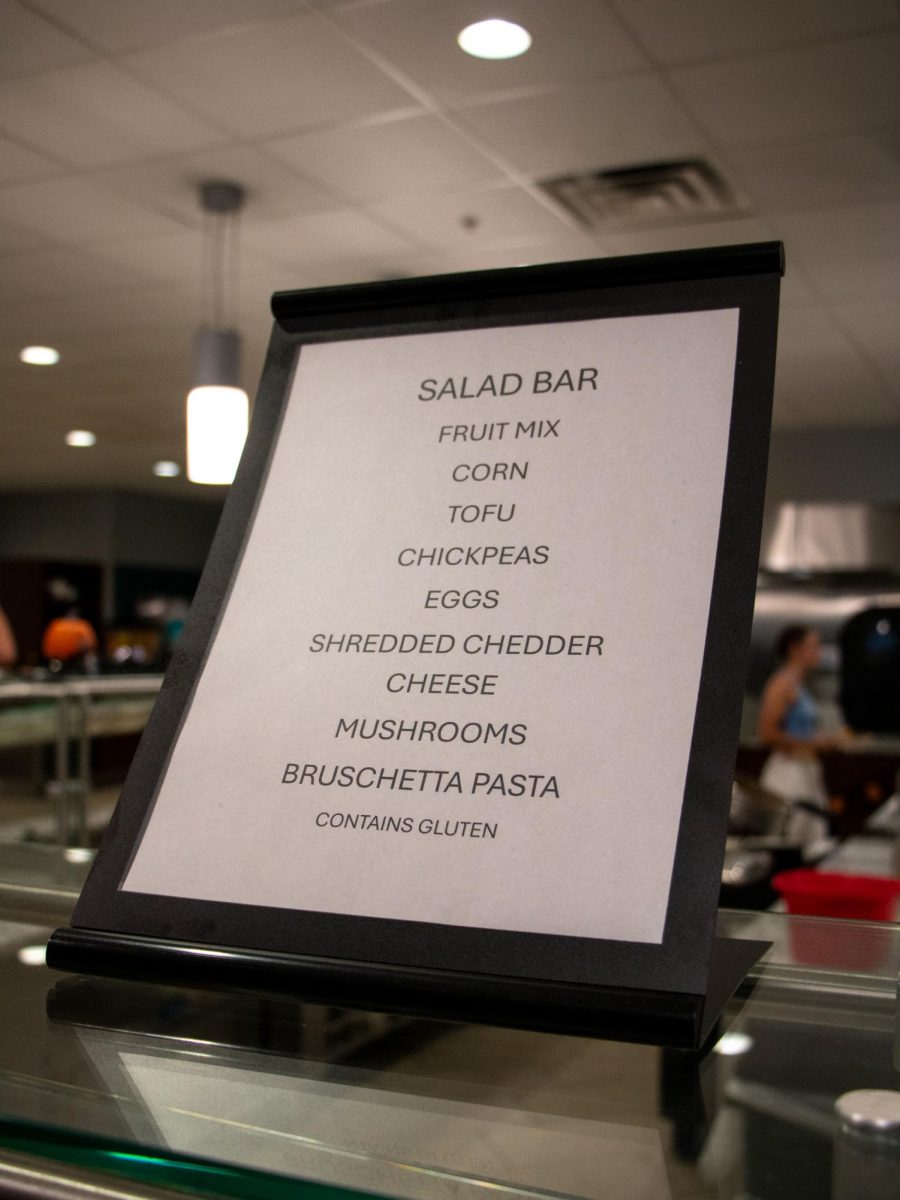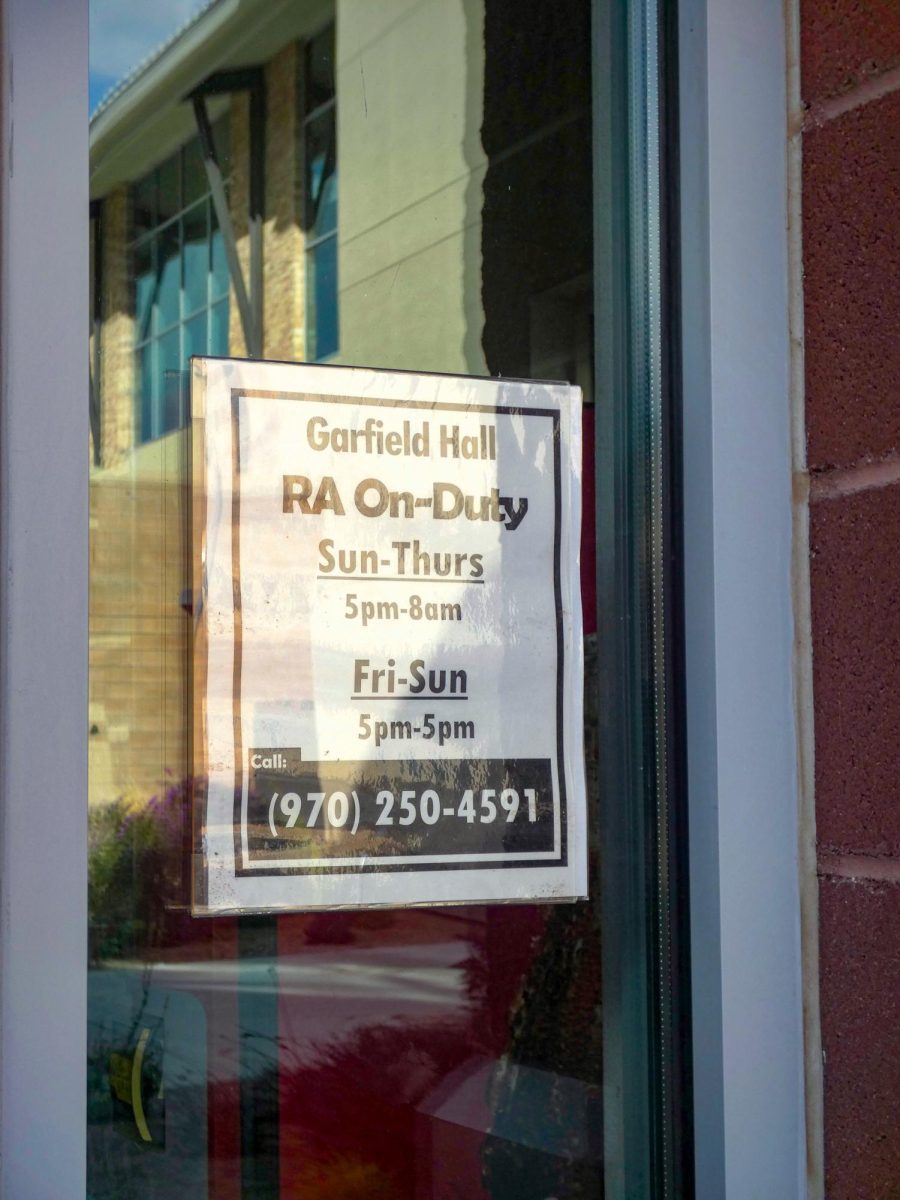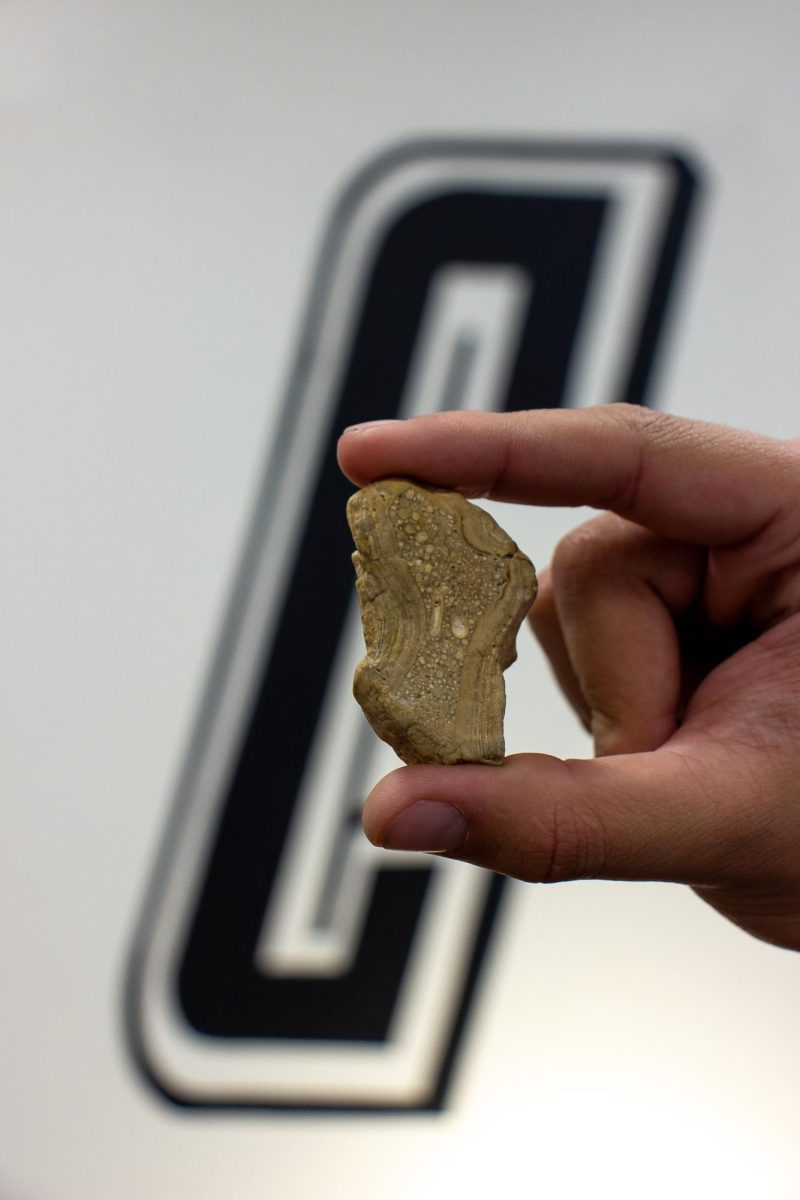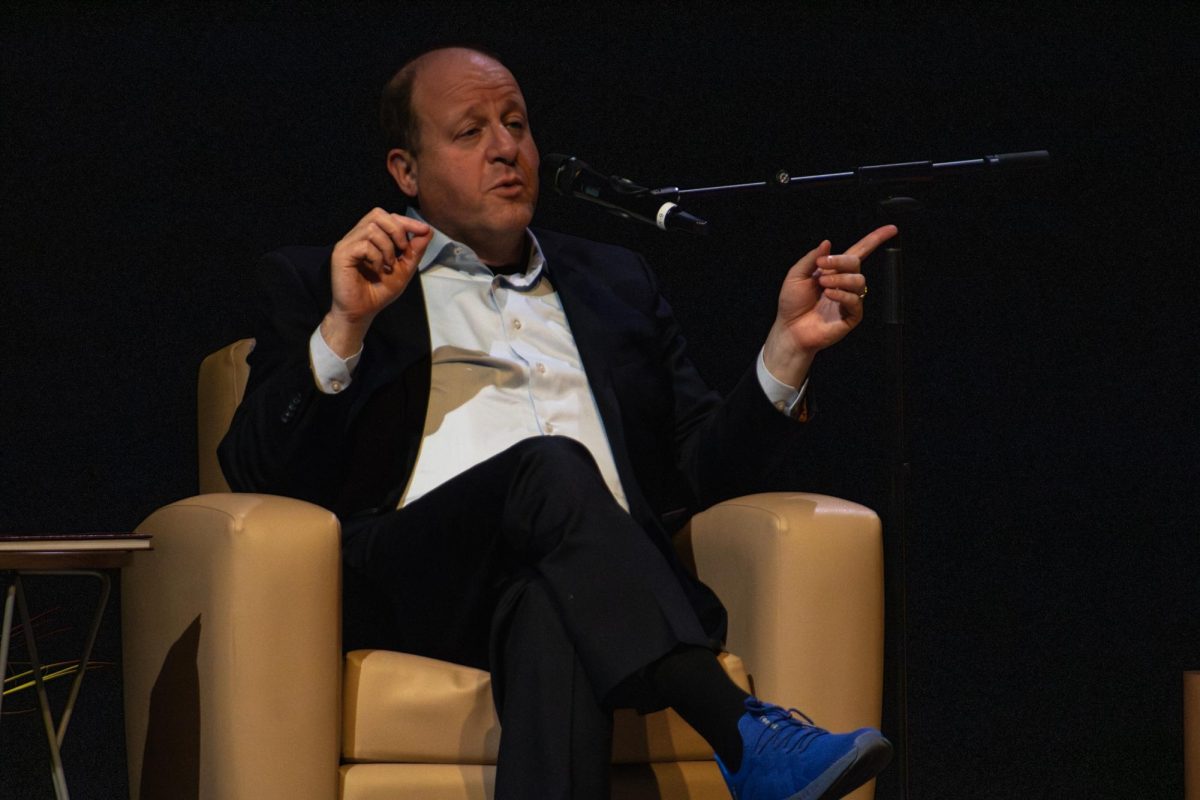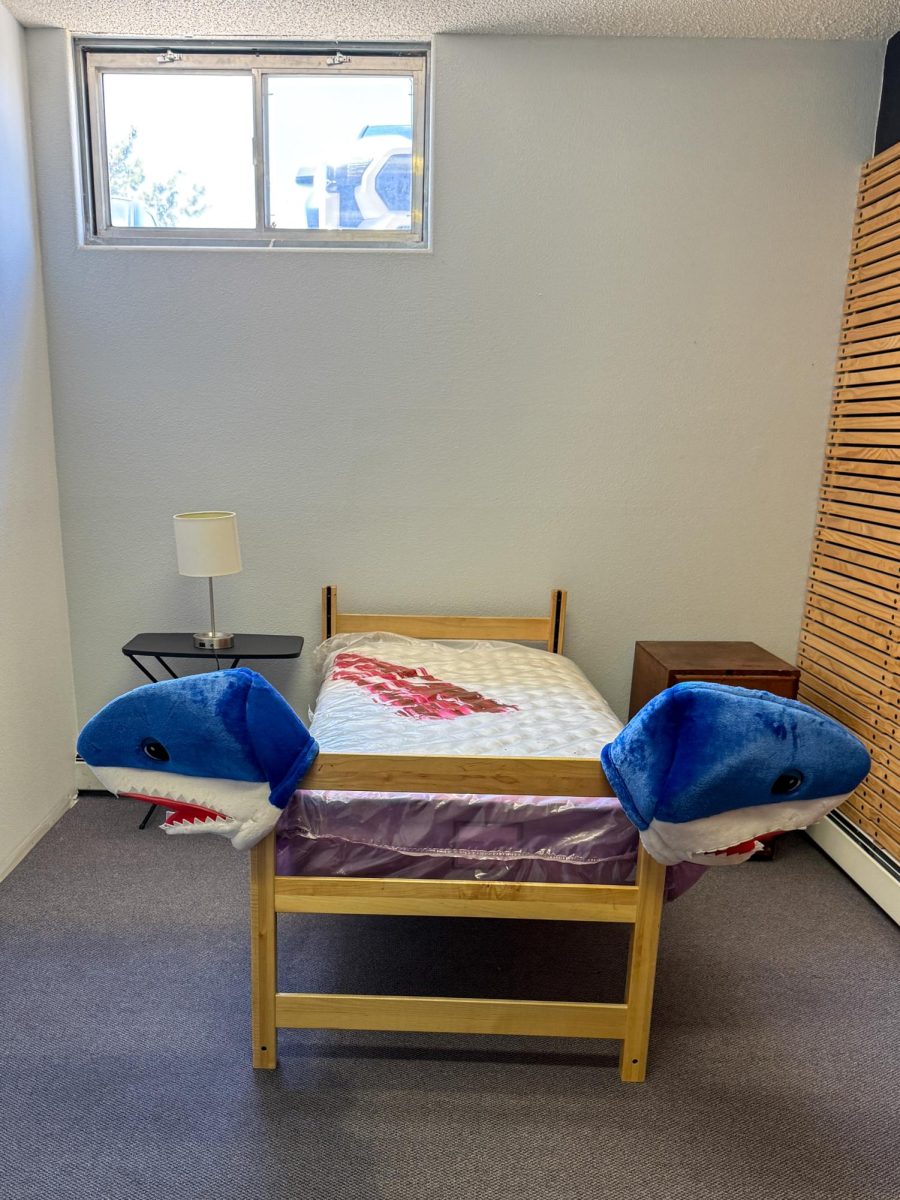At CMU, an ongoing debate has been unfolding regarding student privacy, constitutional rights and the university’s responsibility to maintain a safe living environment. The discussion centers on Residence Life’s authority to conduct dormitory searches for alcohol, an authority some students and legal observers say may conflict with the Fourth Amendment of the US Constitution.
The Fourth Amendment guarantees that people have the right to be secure in their “persons, houses, papers, and effects” against unreasonable searches and seizures. Though universities often occupy a gray area between public and private authority, courts have repeatedly recognized that students living in dormitories should have a reasonable expectation of privacy in their rooms.
Legal precedent supports that notion. In Piazzola v. Watkins (1971), the US Court of Appeals for the Fifth Circuit ruled that college dorm rooms deserve the same constitutional protections as private homes. Similarly, the New Hampshire Supreme Court in State v. Hunter (1985) affirmed that students “enjoy the same constitutional protections in their dormitory rooms as they do in their homes.” These cases suggest that, unless a search is conducted with a warrant, valid consent or legitimate emergency justification, it may violate a student’s constitutional rights.
Colorado Mesa University’s housing policy, however, allows Residence Life staff to enter rooms to enforce policy and maintain community standards. Residence Assistants (RAs) and professional staff members can conduct “health and safety checks” or respond to suspected policy violations such as underage drinking. While these policies are designed to maintain order, critics say they open the door to potential abuse.
President John Marshall defended the policy in a recent conversation, emphasizing that Residence Life’s approach is meant to be educational, not punitive. “Dorms are kind of like your mom’s basement,” he said with a laugh. “The goal of our searches and disciplinary actions isn’t to punish, it’s to educate. Our RAs are more like older siblings who are helping students make better decisions.”
To some, that analogy captures the university’s philosophy: guidance over discipline. To others, it highlights the imbalance of power between students and staff. Freshman engineering major Alistair Clark sees the situation differently. “I understand they want to keep us safe,” he said, “but it feels like an invasion of privacy when someone with authority just walks into your space. I don’t think most students realize they have the right to say no.”
That question of whether students can legally refuse entry lies at the heart of the controversy. According to federal case law, consent must be voluntary, informed and free from coercion. In Schneckloth v. Bustamonte (1973), the U.S. Supreme Court ruled that consent obtained through intimidation or misunderstanding is invalid, and that the burden is on the institution or law enforcement to prove that a person freely agreed to a search.”
If Residence Life staff members enter or obtain evidence after pressuring students to cooperate, that evidence could be constitutionally tainted. In legal terms, it may be considered “fruit of the poisonous tree,” a concept originating in Wong Sun v. United States (1963), meaning that information obtained through unconstitutional means cannot be used against a person.
Attorney Jeff Brandell says the situation raises legitimate questions.
“If the accounts are accurate, and students are being coerced or misled into letting staff search their rooms, there’s a very real possibility of a constitutional violation,” Brandell explained. “There’s certainly the potential for a case if any student chose to file one.”
Residence Life administrators maintain that staff do not conduct searches without cause and that the intent is to ensure student safety and adherence to university policy. However, critics argue that the policies are too broad. Many housing contracts include clauses allowing staff to enter rooms for “maintenance, inspection, or policy enforcement,” terms that courts have found overly broad when used to justify searches unrelated to safety or maintenance.
The Colorado Supreme Court has previously held that consent must be “unequivocal, specific, and freely given.” Applying that standard to university housing could mean that any search resulting from a student’s compliance under pressure is unconstitutional. Because students often view Residence Life officials as authority figures with disciplinary power, the line between voluntary cooperation and coercion can be difficult to draw.
Beyond the legal arguments, the controversy underscores a broader philosophical divide about the role of universities. Should residence halls be treated as private living spaces, where students enjoy the same rights as renters, or should they be viewed as educational environments subject to university oversight?
President Marshall maintains that Colorado Mesa’s approach aligns with its mission of developing responsible adults.
“Our goal isn’t to criminalize behavior,” he said. “It’s to teach accountability. Living in the dorms is a step between home and independence, and our policies reflect that balance.”
But to students like Clark, that balance doesn’t feel even.
“It’s not that we don’t want guidance,” he said. “We just want our space to be respected. When you’re living here, it’s your home.”
The tension between education and enforcement may not be easily resolved. As the university continues to evaluate its housing policies, questions of privacy, there are consent and constitutional boundaries that remain. Whether Colorado Mesa’s practices ultimately stand up to legal scrutiny may depend not only on the courts, but also on students’ willingness to challenge them.
For now, the dorm rooms at Colorado Mesa University sit squarely at the intersection of law, learning, and liberty – raising an old question with new urgency: how much privacy does a student truly have behind a residence hall door?



